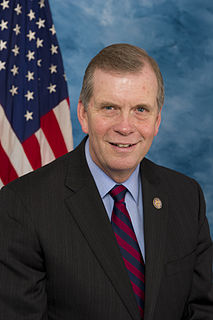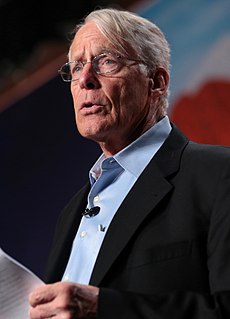A Quote by James M Strock
Wal-Mart, with its legendary focus on customer value in terms of price, is innovating in sustainability. Now, we're beginning to see the mirror image, a convergence, as the not-for-profit sector is beginning to serve more effectively by applying private sector accountability and efficiencies to social needs. This reflects a rising recognition that to serve others best requires more than good intentions; it mandates a focus on real-world results. Bill Gates and Warren Buffett are among the most conspicuous advocates and representatives of this transformation.
Quote Topics
Accountability
Among
Applying
Beginning
Best
Bill
Bill Gates
Buffett
Conspicuous
Convergence
Customer
Effectively
Focus
Gates
Good
Good Intentions
Image
Intentions
Legendary
Mandates
Mirror
Mirror Image
More
Most
Needs
Now
Others
Price
Private
Private Sector
Profit
Real
Recognition
Reflects
Representatives
Requires
Results
Rising
Sector
See
Serve
Social
Sustainability
Terms
Than
Transformation
Value
Wal-Mart
Warren
Warren Buffet
Warren Buffett
World
Related Quotes
It's just the banks who are the latest target of the American socialist left. There is a war on the entirety of the private sector. It is the private sector that employs most of you, that services most of you, that creates the economic prosperity that our nation has enjoyed - and there is a war on that private sector, and it's being waged from the Oval Office, and its foot soldiers are on Wall Street and in other cities around the country.































